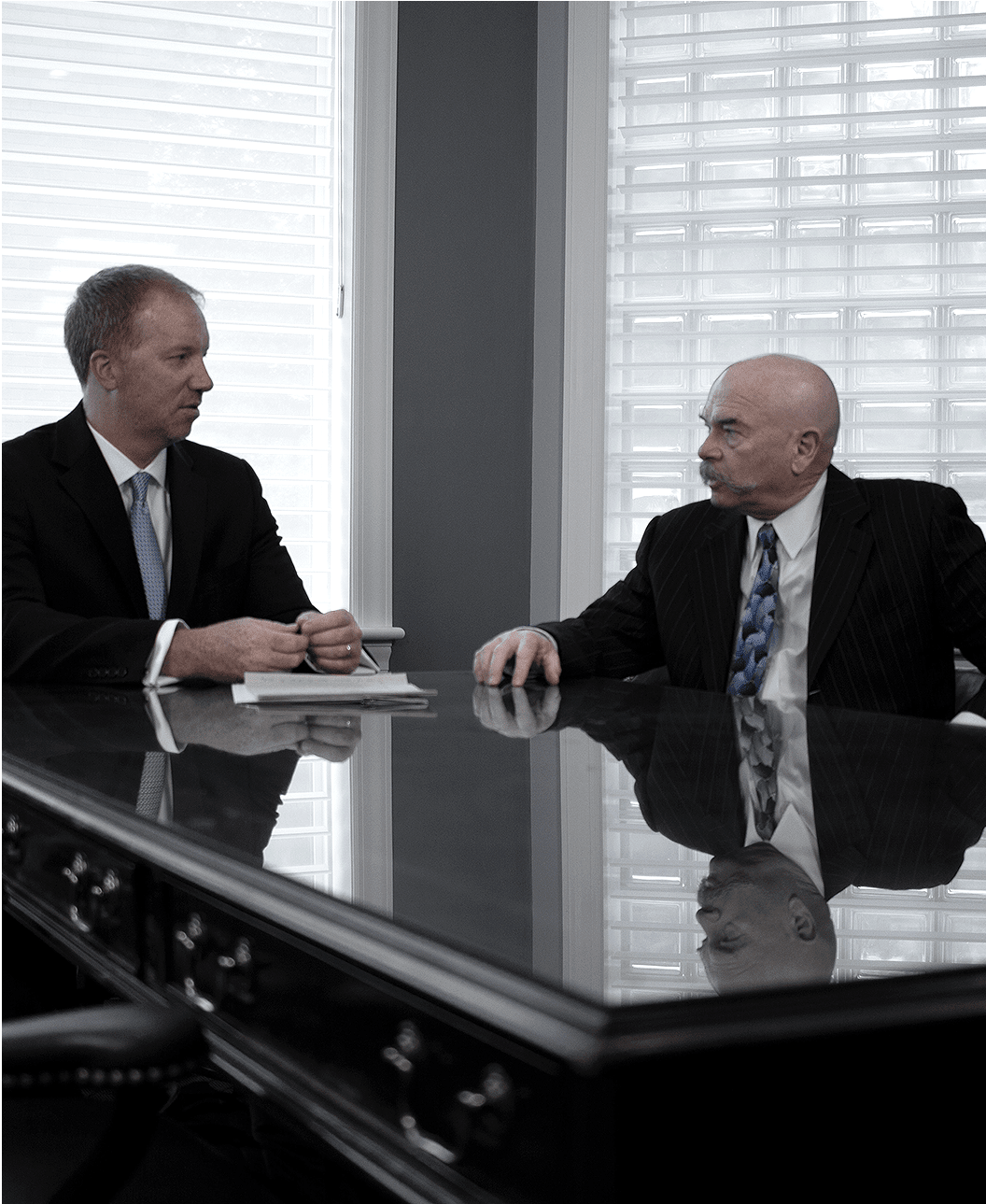Who to Hold Liable for a Drowning Accident at a Local Swimming Pool
July 22, 2021

Although swimming pools offer great relief from the summer heat and a fun way to spend time with friends and family during vacations, swimming pools are often the site of numerous accidents. Young children are especially at risk of being injured in swimming pool accidents.
If you or a loved one have been injured in a swimming pool accident, such as a drowning accident, through no fault of your own, who can be held liable?
Pool Owner Liability
In many cases, liability for a drowning or swimming pool accident may fall on the owner of the pool under the legal theory of premises liability. Liability may attach for a drowning or swimming pool accident if the accident victim was lawfully at the pool and the accident was caused by a dangerous or defective condition of the pool or pool area. This dangerous or defective condition must also have been created by the pool or property owner, or have been permitted to remain uncorrected due to the owner’s negligent maintenance of their property.
Examples of circumstances where a swimming pool owner or operator may be held liable for a drowning or other accident include:
- Failure to install fencing or other equipment to keep unattended children out of the pool.
- Failure to provide adequate lifeguard supervision.
- Lack of safety equipment, such as a life preserver, at hand around the pool area.
- Failure to maintain the condition of the premises.
- Lack of safety or warning signs around the pool advising swimmers of information such as pool depth, dangerous hazards to stay away from, or areas where the floor may become slippery.
When Swimming Pool Accidents Are Caused by Defective Products
In some cases, a swimming pool accident or drowning may arise from defective pool equipment and products. For example, a defective pool drain can catch a swimmer, causing physical and trauma to body parts caught in the drain, or holding the swimmer underwater and causing them to drown. Other pool equipment, such as ladder, slides, and diving boards may also be defectively designed, manufactured, or installed, potentially leading to an accident and injury.
If a swimming pool accident is caused by defective pool equipment, liability may fall on parties such as:
- The equipment manufacturer
- A retailer or distributor
- The contractor who installed the equipment, if the defect was in construction or installation.
What Can You Be Compensated for After a Swimming Pool Accident?
If you or a loved one were injured in a drowning or other swimming pool accident, you may be entitled to recover compensation for losses you have suffered, such as:
- Medical treatment and rehabilitation of injuries and disabilities caused by the accident.
- Loss of income if you miss work while recovering from injuries suffered in the accident.
- Lost earning potential caused by disabilities that prevent you from being able to work or earning the same level of income you did prior to the accident.
- Physical pain and emotional distress triggered by your injuries and subsequent medical treatment or disabilities.
- Loss of quality of life because of disfigurement or disabilities resulting from your injuries.
Contact a Pittsburgh Personal Injury Lawyer to Discuss Your Swimming Pool Accident Case in Pennsylvania
Did you or a loved one sustain serious injuries due to a swimming pool accident in Pennsylvania? Don’t let the medical bills pile up while you wait for the negligent party or their insurance company to do the right thing. Right now, you need an aggressive personal injury attorney on your side, fighting to get you the compensation you need, want, and deserve. The skilled attorneys at Goodrich & Geist, P.C. represent clients injured because of swimming pool accidents in Pittsburgh and the surrounding Western PA counties. Call (412) 766-1455 or fill out our online contact form to schedule a consultation about your case. We have an office conveniently located at 3634 California Ave., Pittsburgh, PA 15212.
The articles on this blog are for informative purposes only and are no substitute for legal advice or an attorney-client relationship. If you are seeking legal advice, please contact our law firm directly.

